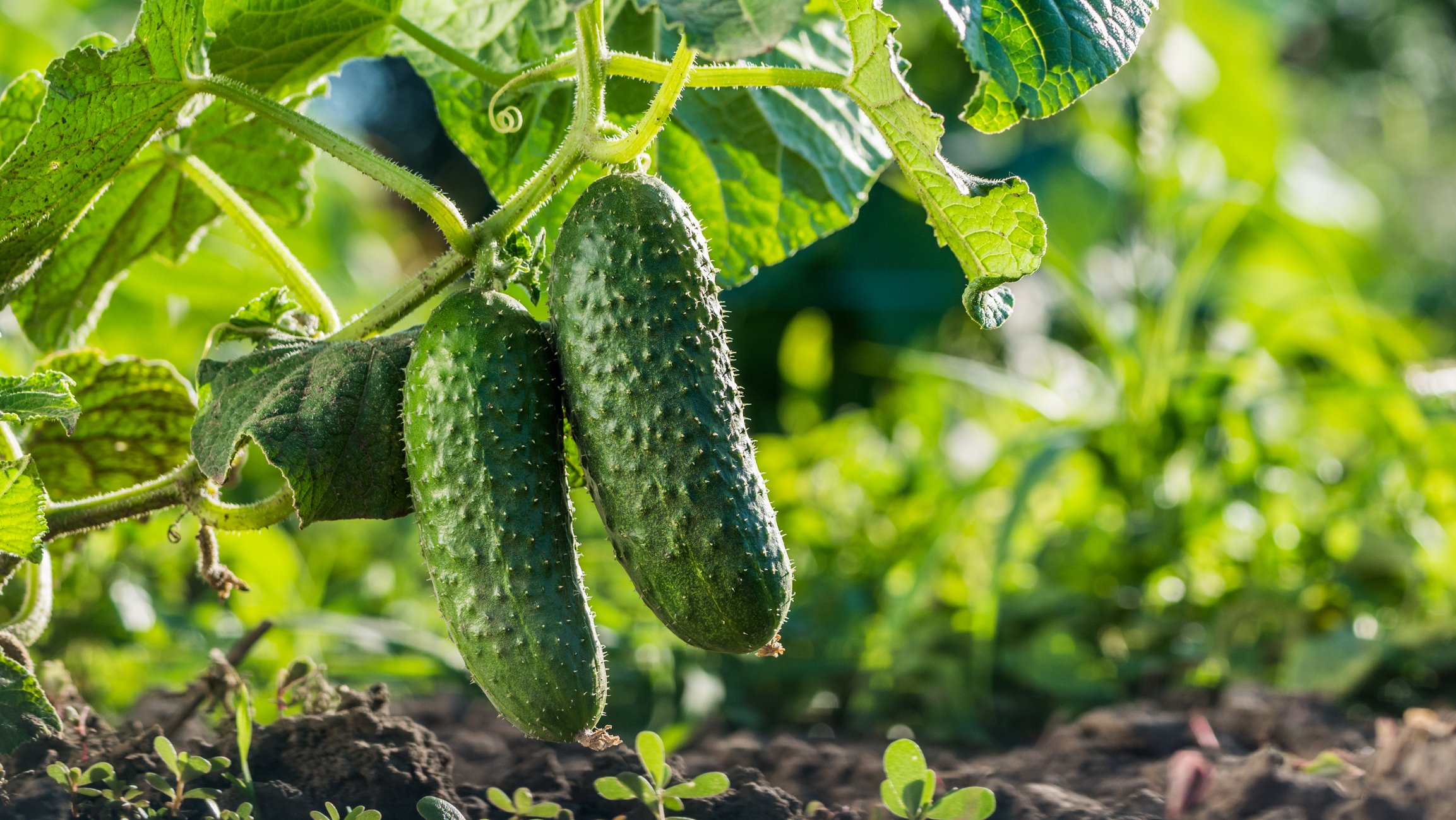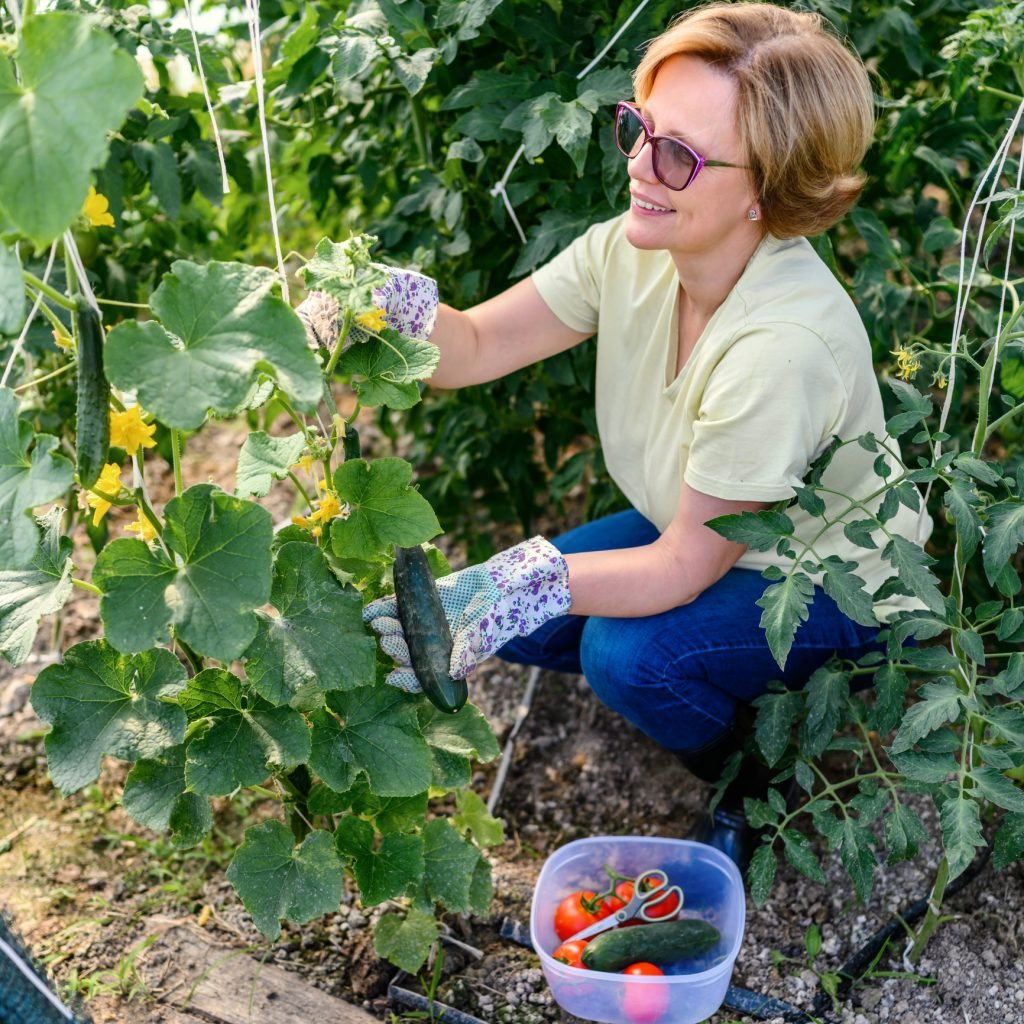New Research Shows How Biochar and Smarter Irrigation Can Save Water and Support Crop Growth in West Texas

A groundbreaking field study conducted by Arjun Kafle, Sukhbir Singh, Manpreet Singh, Preetaman Bajwa, Sanjit Deb, Catherine Simpson, and Glen Ritchie offers critical insight into how farmers in dry regions can save water while still producing strong cucumber yields. Over two years, this team of researchers explored the combined effects of deficit irrigation (DI) and biochar soil amendments in semi-arid West Texas—home to intense heat, limited rainfall, and growing pressure on groundwater resources like the Ogallala Aquifer.
This is one of the first studies in the region to look at both strategies together, using Wakefield biochar as the amendment of choice. The results provide valuable takeaways for farmers, soil health advocates, and policymakers focused on climate-smart agriculture.
Study Design: What Was Tested?
Researchers ran a two-year field experiment at Texas Tech University’s Quaker Research Farm in Lubbock, TX. They used:
- Four irrigation treatments:
- I1: Full irrigation (100% ETc season-long)
- I2: 80% ETc before mid-season, 60% after
- I3: 60% before mid-season, 80% after
- I4: 40% ETc throughout (most water-stressed)
- Three biochar rates:
- 0 tons per hectare (control)
- 15 tons per hectare
- 20 tons per hectare
Each treatment was carefully randomized and replicated. The soil was a sandy clay loam, amended with Wakefield BioChar derived from oak hardwood.
Measurements included:
- Soil water flow (saturated hydraulic conductivity)
- Leaf health (chlorophyll content, photosynthesis)
- Plant growth (biomass and leaf area index)
- Cucumber yield and fruit size
Key Findings: Water Use, Soil Health & Yields
Moderate Deficit Irrigation Works
The I2 strategy—80% water before mid-season and 60% after—reduced water use by about 25% and only reduced yield by 14% on average. That’s a water-saving win without sacrificing crop performance.
Severe Water Cuts Hurt Plants
The most extreme water cut (I4) led to:
- 34–49% lower yields
- 47–57% less plant biomass
- Weaker photosynthesis, less chlorophyll, and poor water use efficiency
These results show that going too far with water reduction causes serious plant stress.
Biochar Boosted Soil, Not Yield (Yet)
Biochar improved soil hydraulic conductivity (how easily water moves through the soil):
- +60% with 15 t/ha
- +120% with 20 t/ha
That means water moved better through the soil and could be more available to roots. However, biochar didn’t significantly impact plant growth or cucumber yield during the two-year period. The researchers suggest biochar’s benefits may increase over time as it continues to integrate with the soil.
Why This Matters for Wakefield BioChar
This study highlights how Wakefield BioChar contributes to long-term soil health—even if plant-level benefits take time to show. Improving soil structure and water flow can:
- Help crops better manage drought
- Support more efficient irrigation practices
- Build long-term fertility and resilience in challenging environments
For growers in water-scarce regions like the Southwest, combining biochar with targeted irrigation strategies can create a more sustainable path forward. The research validates what many Wakefield customers already know: biochar improves soil function, and that’s the foundation for future success.
Takeaway for Farmers, Landscapers, and Home Gardeners
If you’re growing in dry or nutrient-poor soil, this research shows that:
- You don’t always need full irrigation to get strong yields. Smart scheduling matters.
- Biochar improves your soil’s water-handling abilities, even if it takes time to impact yields.
- Combining soil-building practices with smart irrigation is the future of sustainable growing.
Kafle, A., Singh, S., Singh, M., Bajwa, P., Deb, S., Simpson, C., & Ritchie, G. (2025). Influence of deficit irrigation and biochar amendment on growth, physiology, and yield of cucumber in West Texas. Scientific Reports, 15, Article 9615. https://doi.org/10.1038/s41598-025-94113-y






